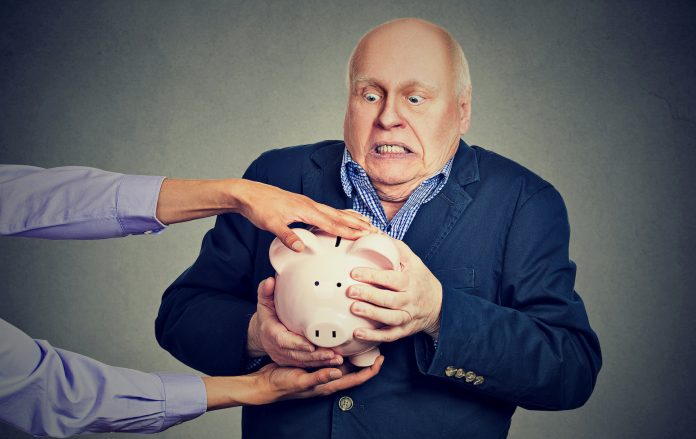Key Highlights
- Wealthiest Americans not spending while lower-income Americans are, according to researchers based at Harvard University
- Spending by top 25% dropped some -37% in April and in June still down -19%
- Spending by bottom 25% dropped some -25% in April and in June now back to -5%
- Without dollars from wealthy, economic recovery could be limited
Economic researchers based at Harvard University are discovering via correlating credit card processing data with zip codes that the wealthiest among us have not yet resumed their pre-pandemic spending habits. Lower income Americans have…nearly to the same extent as they did pre-pandemic.
Download Your FREE Ultimate Agent Survival Guide Now. This is the exact ‘do this now’ info you need. Learn NOW How to Access All The Bailout Program Cash You Deserve. Including Unemployment and Mortgage Forbearance Plans. To Access the Ultimate Agent Survival Guide Now Text The Word SURVIVAL to 47372. 4 Msgs/Month. Reply STOP to cancel, HELP for help. Msg&data rates may apply. Terms & privacy: slkt.io/JWQt
Such distinction in spending patterns between our most and least wealthy is not good news for the country’s economic recovery. Why? Consumer spending is a HUGE driver of our country’s economic activity and without the wealthiest 25% of Americans spending as they did pre-pandemic, Harvard’s economic researchers are seeing a two-thirds total decline in consumer spending since January 2020.
Nathan Hendren, one of the Harvard economic researchers looking into these consumer spending patterns and co-founder of this particular Opportunity Insights research team, said, “When the stimulus checks went out, you (saw) that spending by lower-income households went up a lot. For higher-income individuals, that spending is still way far off from where it was prior to COVID and it has not recovered as much.”
According to Michael Stepner, an economist at the University of Toronto, “One of the things this (COVID) crisis has made salient is how interdependent our health (is). We’re seeing the mirror of that on the economic side.” And, just as our income inequality has increased, inequality in consumption has also increased.
Typically in recessions, discretionary spending on nice restaurants, theater tickets, travel and high-end hotels doesn’t dry up as rapidly as it has in this recession precisely because fine dining, performances, travel and hotels have been off-limits since the pandemic outbreak. This recession, which some are calling a service-sector recession, the so-called “trickle down economy” from the wealthier to the servicer essentially evaporated in the blink of an eye.
Lower-income spending on essentials has rebounded to the extent that overall retail spending in May increased a record +18%, according to the Wall Street Journal, upper-income spending has not.
Hendren explained that wealthier Americans have the discretionary income to spend as they did pre-pandemic, unlike Americans living paycheck to paycheck, but they just aren’t interested. Wealthier Americans’ main concern is about the COVID virus itself. “Unless we remove the threat of getting sick or getting your family members sick, it’s hard to imagine that that spending will recover to pre-COVID levels.”
And without that spending, it’s hard to imagine when the economy, particularly the service economy, will recover to pre-COVID levels.
Thanks to The Wall Street Journal, Harvard’s Opportunity Insights research team, The New York Times and National Public Radio.
Also read: World Bank Sees Global Growth Contracting -5.2% in 2020, Second Wave of Layoffs Hitting Those Who Thought They Were Safe, June Teenth – A Day to Begin Again

























